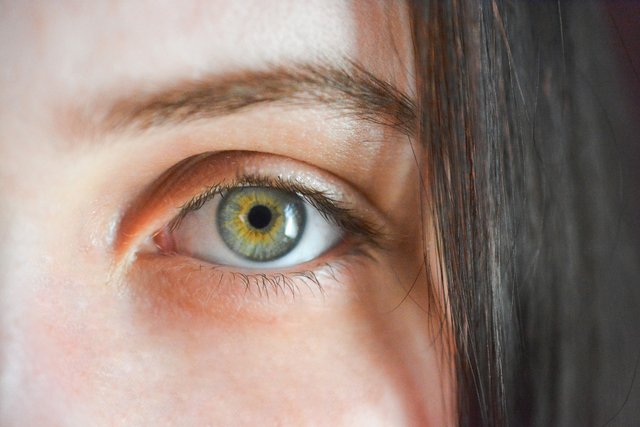7 Common Causes of Dry Eyes You Should Know Before Symptoms Get Worse
Dry, irritated eyes are more than just uncomfortable. They can make it hard to focus, cause burning or stinging, and even affect your vision over time. If you often feel like there’s grit in your eyes or notice constant redness, you might be dealing with dry eye syndrome (keratoconjunctivitis sicca). Understanding what’s behind the problem is the first step toward relief. Below are seven common causes of dry eyes and what you can do about them.
1. Autoimmune Diseases
Certain autoimmune conditions can interfere with normal tear production. Disorders like lupus, rheumatoid arthritis, scleroderma, and Sjögren's syndrome are known triggers. In Sjögren’s, the immune system attacks the glands that make tears and saliva, leaving your eyes and mouth dry. Thyroid eye disease (sometimes linked to Graves’ disease) can also create inflammation in the tissues around the eyes, which leads to dryness. If you have any of these conditions and notice ongoing irritation or blurred vision, it’s important to see an eye specialist who can tailor a treatment plan.
2. Age
Getting older naturally affects the eyes. Studies show that about 30% of people over 50 have some level of dry eye. Tear production tends to slow down with age, and the glands that keep your eyes moist may not work as well as they once did. While age-related dryness is common, it doesn’t have to limit your daily life. Using artificial tears, adding moisture to the air with a humidifier, and scheduling regular eye exams can all help keep symptoms under control.
3. Extended Screen Time
If you spend hours in front of a computer or phone, you’re at higher risk. Focusing on a screen lowers your natural blink rate—sometimes to half of what it should be. Blinking spreads tears across the eyes, so when you blink less, the surface dries out faster. This can also happen during activities like reading, sewing, or long drives. To protect your eyes, try the 20-20-20 rule: every 20 minutes, look at something 20 feet away for 20 seconds, and remember to blink often.
4. Contact Lenses
Long-term use of contact lenses is a common cause of dry eyes. Contact lenses can interrupt the tear film that covers and protects the eye surface, leading to dryness and discomfort. If you experience dry eyes from contact lenses, consider using a different type of lens or wearing them for shorter periods. Consulting an eye doctor can provide you with more comfortable options.
5. Dry or Irritating Environments
The air around you can directly impact eye moisture. Living in a dry climate, spending time in heated or air-conditioned spaces, or being exposed to wind and smoke can all dry out your eyes. Airplane cabins, hospitals, and office buildings are common trouble spots. Using a humidifier indoors, wearing wraparound sunglasses outside, and avoiding direct air from fans or vents can help keep your eyes comfortable.
6. Allergies
Seasonal allergies often lead to itchy, watery eyes, but they can also cause dryness. Pollen, dust, and pet dander are common culprits. Allergy medications, especially antihistamines, may make things worse by reducing tear production. If allergies are a trigger, try using an air purifier at home, keep windows closed on high-pollen days, and talk to your doctor about eye drops that won’t dry out your eyes.
7. Medications
Many prescription and over-the-counter drugs list dry eyes as a side effect. These include antihistamines, decongestants, antidepressants, birth control pills, and some medications for high blood pressure. If you suspect your medicine is making your eyes dry, don’t stop taking it on your own. Instead, discuss it with your doctor. They may adjust the dose or recommend additional treatments like lubricating eye drops.
